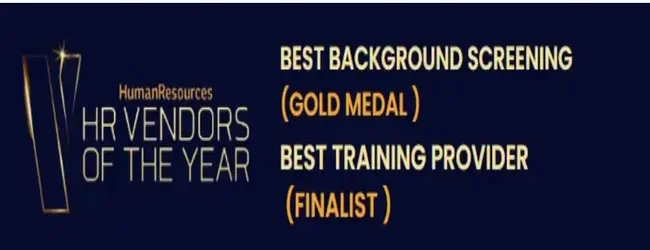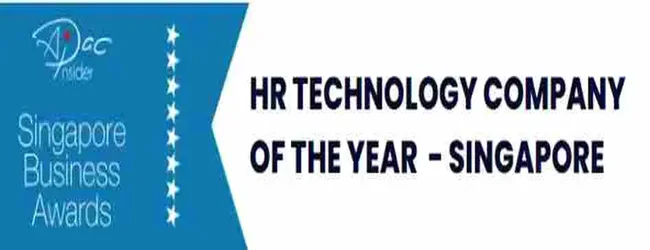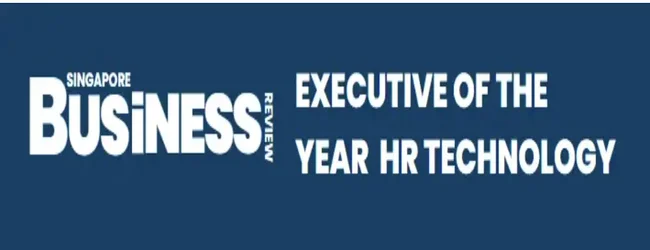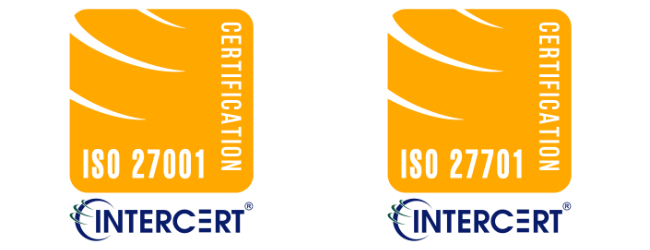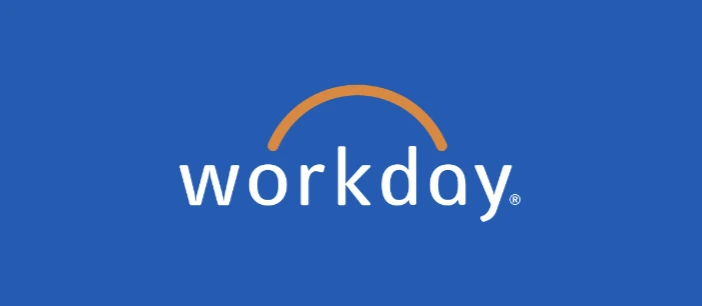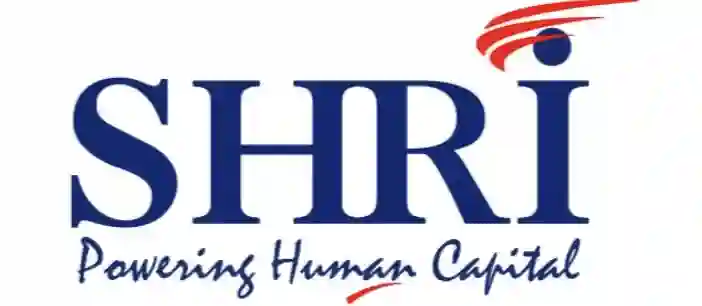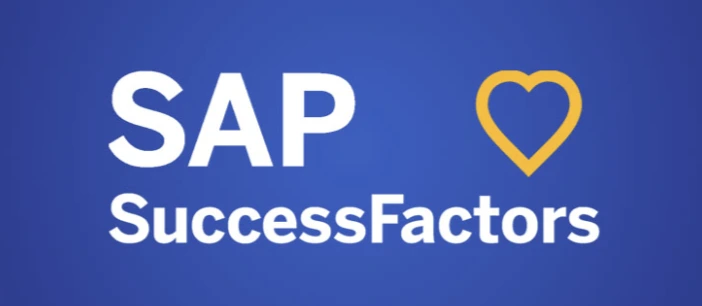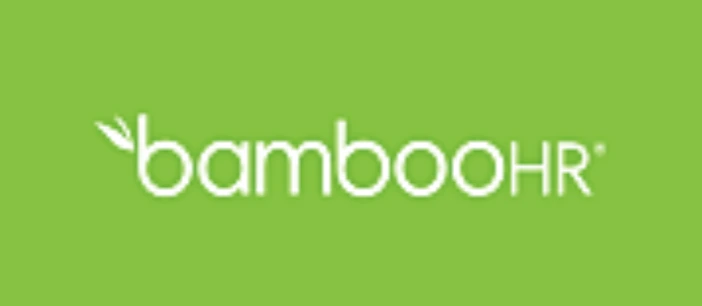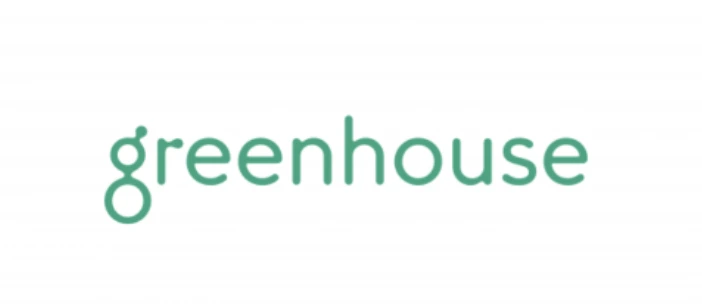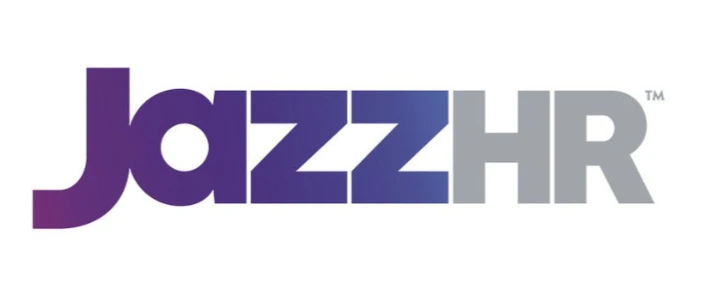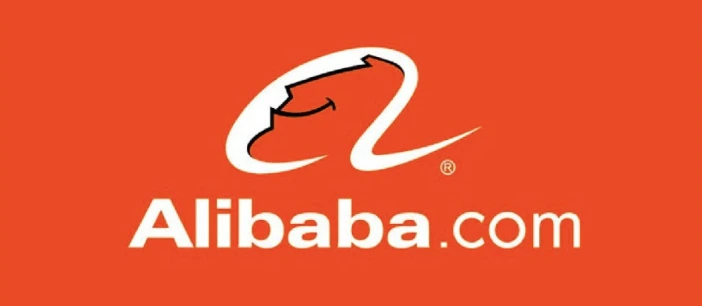Avvanz Pte Ltd
1 Wallich St, #14-01 Guoco Tower , Singapore 078881
+6568590100
consult@avvanz.com
clientservices@avvanz.com
Avvanz LLC
1850 Mountain Boulevard, Oakland, California 94611, United States of America
+12073058111
consult@avvanz.com
Avvanz Inc.
Office Suite 3 & 4 One San Miguel Avenue Building, San Miguel Avenue, Cor Shaw
Boulevard Ortigas Center, Philippines
+63288667298
consult@avvanz.com
Avvanz Pty Ltd
The Commons 388 George Pty Ltd, 388 George St, Sydney, NSW 2000.
+61293570950
consult@avvanz.com
Avvanz Limited
4th Floor 205 Regent Street, London, England, W1B 4HB
+442081785555
consult@avvanz.com
Avvanz India Private Limited
Bridge+, 2nd Floor, Park Square Mall,
ITPB, Whitefield, Bangalore – 560066.
consult@avvanz.com

